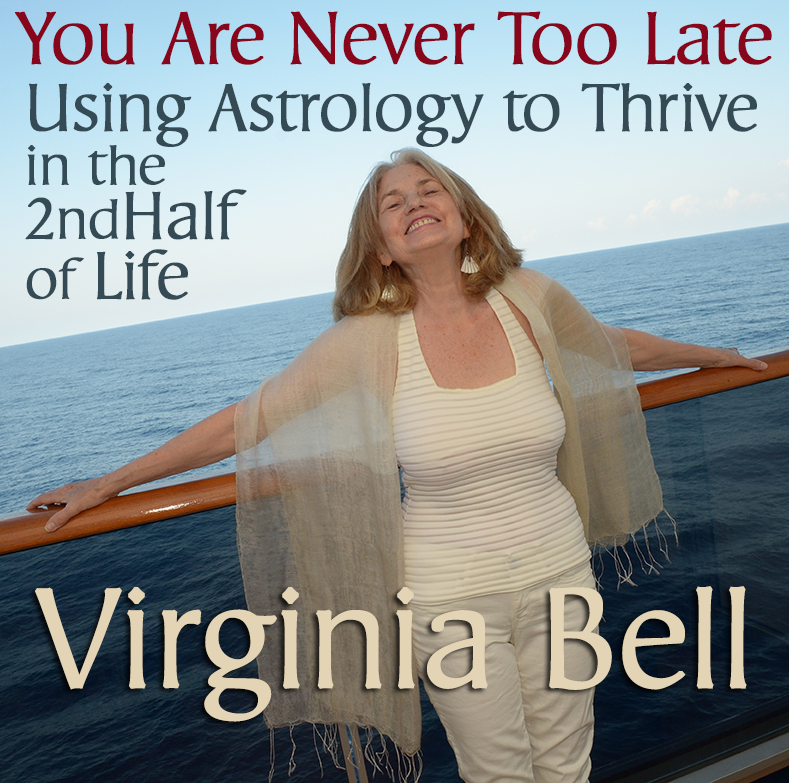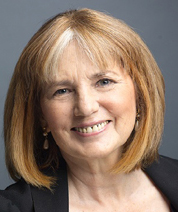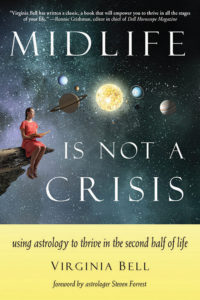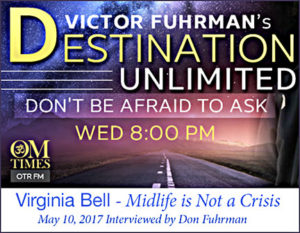At seventy I am more myself than ever. – May Sarton
I believe there’s a birthday for all of us when the whole aging thing really hits. It’s usually one of the big ones: forty, fifty, sixty, sixty-five. For me it was seventy. I wasn’t thrilled about turning seventy. I’ve always been youthful, healthy, and extremely active and although nothing had changed, I suddenly felt everything was different. I felt lost, fearful, and untethered; this was unknown territory.
My fifties were fabulous and freeing; there’s no other period where you have a wealth of experience and knowledge, yet still possess the energy and time to do almost anything. The sixties were a total and utter surprise; everything seemed to come together for me; I felt calmer, saner, and for the first time in my life, truly happy.
But seventy? I felt as if I were being thrust on a train to Siberia, my passport confiscated at the border. Or being escorted to the “Siberia” section of a restaurant; the area where they seat people who aren’t trendy or relevant. I was concerned others would look at me differently, as if I had a tattoo on my face that screamed “old.”
It soon dawned on me that my problem wasn’t my age; it was my attitude; I was judging myself the way I feared others would judge me. That’s a form of ageism and I was doing it to myself, not to mention my future self. That shocked and saddened me and made me reexamine my beliefs about aging.
In How to Age, Anne Karpf writes about ageism being “prejudice against our future self.” It keeps us in denial and disconnects us from the elder we will become. In a sense it’s like autoimmune disease; the body attacks itself. Karpf suggests “We need to re-humanize older people.”
Old age has been stigmatized to the point that we tend to project all our worst fears on the aged. We envision them – and our Western culture has enabled this – stooped and frail with low energy and libidos, then distance ourselves from them. This is not just harmful to the old; it is damaging to all ages. Reclaiming those feelings, we project on the aged helps to break the cycle of ageism.
How we view aging and the beliefs we have about getting older influence how we age. The words we use, even jokingly, about such things as “senior moments,” send a negative message. Or repeating blanket statements like, “our metabolism slows down as we age” or “it’s harder to lose weight as you get older.”
That simply isn’t true for everyone. That’s not just New Age rhetoric. Dr. Christiane Northrup writes in her book, Goddesses Never Age
The most important thing you need to know about your health is that the health of your body and its organs does not exist separate from your emotional well-being, your thoughts, your cultural programming, and your spiritual outlook. Your thoughts and beliefs are the single most important indicator of your state of health.
That is the kind of attitude that empowers your future self. What beliefs do you have about aging? Can you see a connection between your beliefs and how you’re aging? Do you tell yourself: “I’m too old; it’s too late; I don’t have the education or the credentials?” Becoming conscious of what you tell yourself helps to reframe those old beliefs.
As for me, getting older hasn’t been hard. What was hard (or rather terrifying) was being young, stupid and scared with no skills or support. What age has given me is more perspective, a longer fuse, a wider view. That doesn’t mean I don’t have problems and fears (who doesn’t?) but over-all I feel more at peace with myself and my past. At seventy-six my age finally fits me.
The old woman I shall become will be quite different from the woman I am now. Another I is beginning. -Anis Nin.



